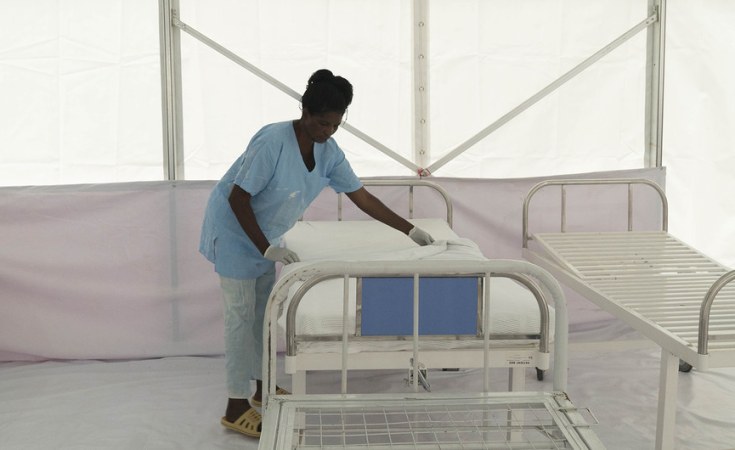Maputo — The health authorities in the central Mozambican province of Zambezia have expressed concern that they are running out of medicines to treat cholera and other diseases.
This is not because of any absolute shortage of medicines, but because the main north-south highway (EN1) has been cut by flood waters in Nicoadala district, thus isolating much of Zambezia from the rest of the country.
Interviewed by Radio Mozambique, the General Director of the National Health Institute (INS), Eduardo Samo Gudo, said the cut in the road was making the transport of people and goods, including medicines, impossible.
The road was reopened on Saturday, but only for light vehicles. That left a long queue of trucks south of the cut, full of merchandise for the provincial capital, Quelimane, and for the north of the country.
In Quelimane, an average of more than 100 cholera patients are being admitted to hospital every day. This is putting heavy pressure on the cholera treatment centre, and on Quelimane General Hospital.
Speaking on Sunday, Samo Gudo said that 400 people are hospitalized with cholera, and 12 cholera patients have died.
Samo Gudo said that Quelimane is facing serious restrictions in its supply of clean water, and basic inputs, including the commercial water purifier "Certeza', are held up in Beira.
He urged the public works authorities to prioritise releasing the trucks containing medicines and humanitarian aid, as soon as the roads are passable.
"We need these inputs urgently, so that we can rapidly bring the cholera outbreak under control', he said.
Samo Gudo also wanted to end the overcrowding in the accommodation centres set up by the government as temporary housing for flood victims. Cramming large numbers of people together into the centres created conditions for the spread of cholera', he warned.
"It would not be surprising if we had to declare cases of cholera in the other districts affected', he said. "I know that right now it's very difficult, I know there are lots of people. But we have to look into the possibility of beginning to move people out of the accommodation centres, and find a solution'.
"While we have so many people crowded together in the same centre, even if we distribute clean water and certeza, it's going to be very difficult', added Samo Gudo.


